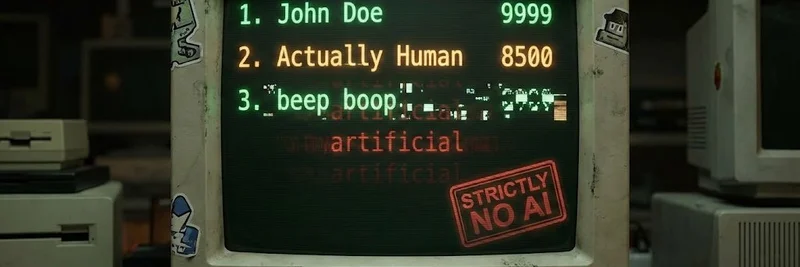In a thought-provoking thread on X, user @George_harrap delves into the roots of today's economic woes, tracing them back to a pivotal moment in history: the Nixon Shock of 1971. This event, which saw the U.S. abandon the gold standard, has had far-reaching consequences that continue to shape our financial landscape. Let's break it down.
The Nixon Shock: A Turning Point
On August 15, 1971, President Richard Nixon announced the suspension of the dollar's convertibility into gold, effectively ending the Bretton Woods system. This decision, known as the Nixon Shock, was a response to mounting economic pressures, including inflation and a weakening dollar. But what did this mean for the world?
The immediate impact was a shift to a fiat currency system, where the value of money is not backed by physical commodities but by government decree. This change allowed for more flexible monetary policies but also opened the door to issues like inflation and devaluation.
Economic Consequences
The thread highlights several charts and data points that illustrate the long-term effects of this decision:
- Black Income Growth: Stagnation in income growth for many, while the wealthy saw significant gains.
- Personal Savings Rate: A decline in savings as inflation eroded purchasing power.
- Household Essentials Prices: Rapid increase in the cost of living.
- US Trade Balance: Deterioration as the dollar's value fluctuated.
- Productivity Wage Gap: Wages did not keep pace with productivity gains.
- Incarceration Rate: A rise in social issues, possibly linked to economic disparity.
- Wealth Inequality: A widening gap between the rich and the poor.
These trends suggest that the shift to fiat currency has contributed to economic instability and inequality.
The Rise of Bitcoin
Amidst these challenges, the thread proposes a solution: Bitcoin. The idea is that decentralized cryptocurrencies like Bitcoin offer an alternative to traditional fiat currencies, potentially addressing some of the issues stemming from the Nixon Shock.
Bitcoin's fixed supply and decentralized nature mean it is not subject to the same inflationary pressures as fiat currencies. This could help stabilize value and reduce wealth inequality over time. However, adopting Bitcoin on a large scale comes with its own set of challenges, including regulatory hurdles and technological barriers.
Why It Matters Today
Understanding the Nixon Shock and its aftermath is crucial for anyone interested in economics, finance, or technology. The thread's argument is that many of today's economic problems can be traced back to this event, and solutions like Bitcoin might offer a way forward.
For blockchain practitioners and meme token enthusiasts, this historical context provides a deeper understanding of why decentralized finance (DeFi) is gaining traction. It's not just about new technology; it's about addressing long-standing issues in the financial system.
Conclusion
The Nixon Shock of 1971 was a game-changer for the global economy, and its effects are still felt today. As @George_harrap's thread suggests, the rise of Bitcoin and other cryptocurrencies could be part of the solution to the problems it created. Whether you're a seasoned investor or just curious about the world of finance, this historical perspective is worth considering.
For more insights into how meme tokens and blockchain technology are shaping the future, stay tuned to Meme Insider.



